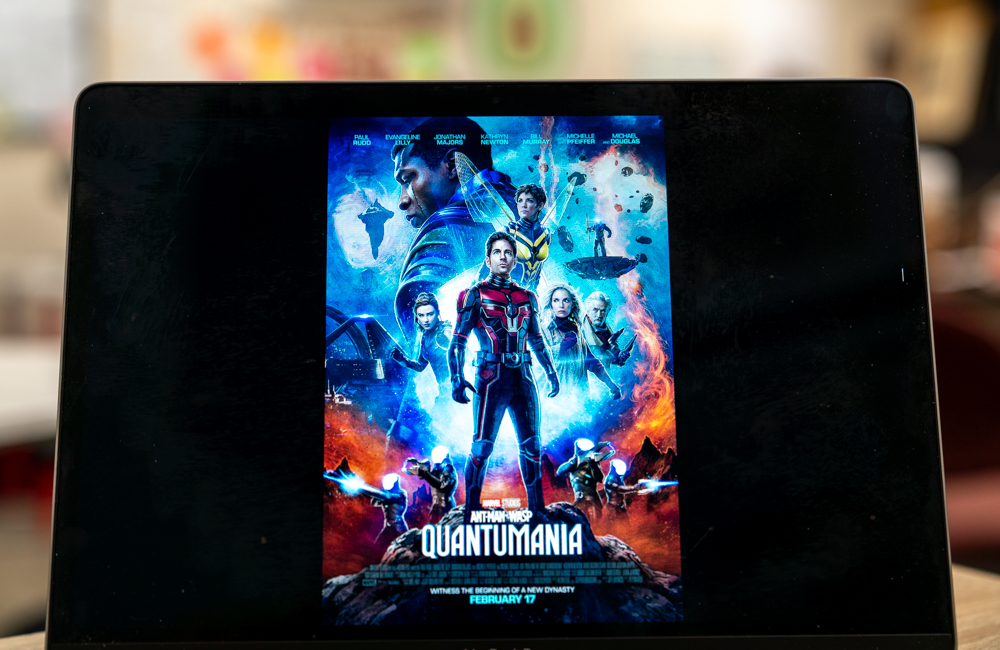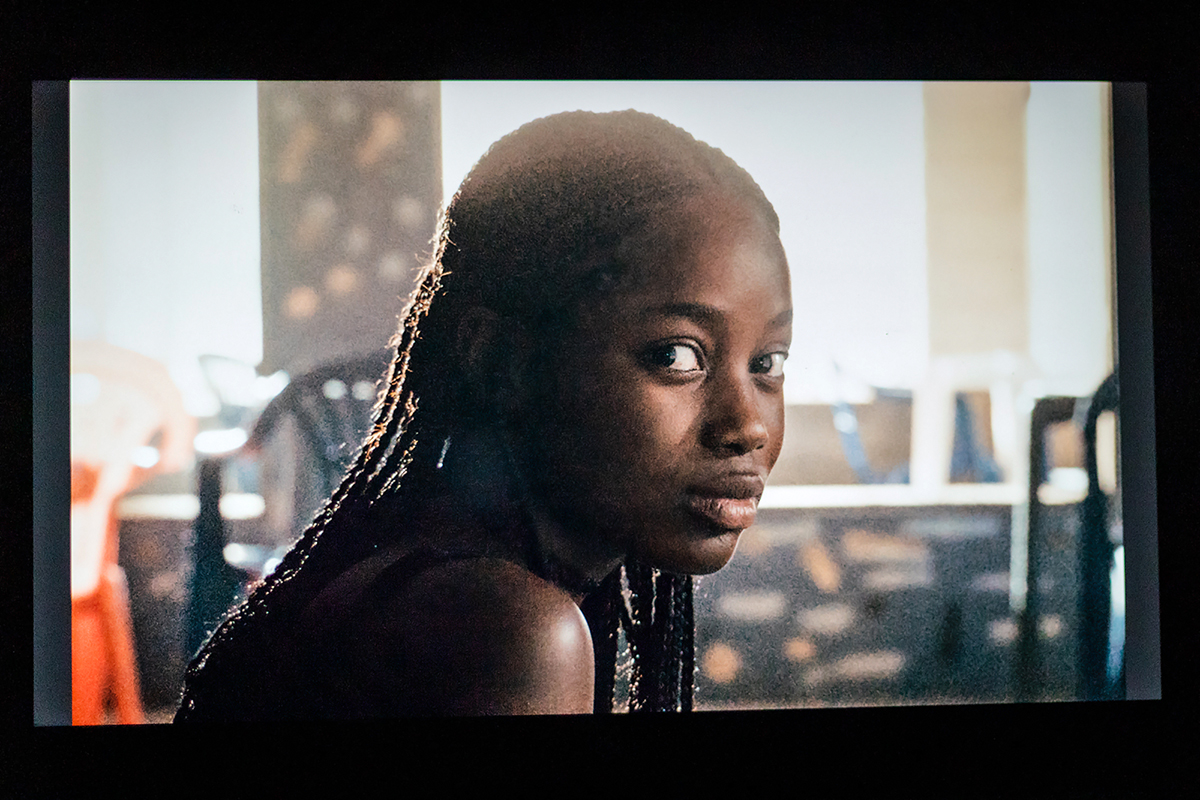Student activism was important in helping end apartheid in South Africa and remains critical in resolving the conflict between Israelis and Palestinians, speakers said Tuesday.
About 40 students came to Morse Auditorium to attend “Ending Apartheid: A Legacy of Struggle at BU,” sponsored by the BU Students for Justice in Palestine, and heard BU faculty members, former students and a former member of the African National Congress speak about South African apartheid and the Israeli-Palestinian conflict.
Barbara Brown, the director of the Outreach Program at BU’s African Studies Center and a BU doctoral student in the 1970s, said she first became aware of the issue of apartheid in South Africa in the late 1960s.
“When I found out what apartheid was I felt like a character from Doonesbury asking myself in a thought bubble, “Are you kidding me?'” Brown said.
Brown addressed the attitude toward South African apartheid at BU during the 1970s, mostly focusing on the actions taken by then-university president, John Silber.
“The BU board of trustees had approved $6 million to be invested in the South African economy and [Silber] refused to tell the student government in which companies this money was invested in,” Brown said.
Brown emphasized the importance that student activism played in helping end apartheid in South Africa and the importance of student activism in helping end the current conflict between Israel and Palestine.
“They will tell you that those that you are attempting to help are being hurt and they will tell you that you can’t win,” she said. “But those are all lies.”
Jason Pramas, a student at BU from 1984 to 1986 and an editor of the weekly publication Open Media Boston, discussed his role as a student activist for the BU South Africa Task Force during his time at the university.
Pramas said he led BU Student Union senators to hold a university election for the divestment of university funds from the South African economy in 1985.
“I was subsequently removed from the Student Union senate,” Pramas said.
Pramas went on to speak about the awareness of student activists in the mid 1980s and of Israel’s involvement with the South African government.
“We didn’t really know about the military manufactured goods that Israel was selling to South Africa, or the advice that the Israeli government was providing the South African government,” he said.
Suren Moodliar, coordinator at Massachusetts Global Action and former member of the African National Congress, addressed the context of South African anti-apartheid in terms of global politics.
“All of the anti-apartheid sentiments were essentially happening in the receding tide of the 1960s movements and the anti-apartheid movement was the last breaking wave in this receding tide,” Moodliar said.
Moodliar told audience members that they would know when their struggles against apartheid were becoming successful.
“When a government can’t perform its duties because of international dissent, that’s a good time to move against it,” he said.
The key to ending apartheid in South Africa, according to Moodliar, was isolation by ignoring South African investment opportunities.
“White South Africans saw themselves as part of the Western world,” Moodliar said, “and the rejection by the Western world caused by divestment in the South African economy created a sense of isolation for the white government.”
College of General Studies sophomore Kareem, who wished to conceal his last name, said it was important for BU students to know what kind of activities in which the university has participated in.
“A lot of people don’t know about BU’s involvement in the South African economy during the time of apartheid,” he said. “And it’s important for students to know about the activities that their school has been involved in.”






















































































































